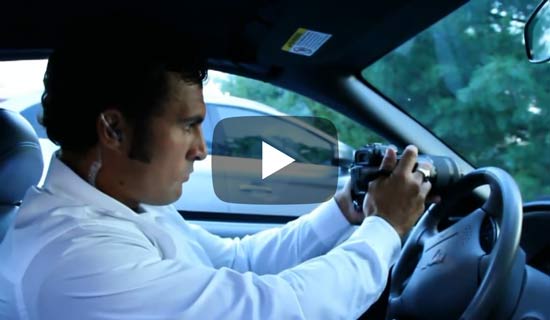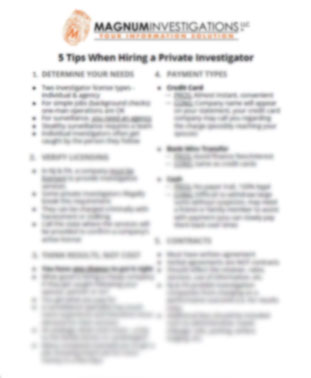
Potential clients frequently inquire regarding the potential use of wiretapping or recording conversations as a means of collecting evidence. In response, hopefully, the information found below will help to clarify and explain the legal limits of such actions.
New Jersey wiretapping law falls in the One-Party Consent realm.
This basically means that as long as one individual involved in a conversation (regardless of how many others are involved) provides consent to surreptitiously tape record that conversation/phone call, it is legally admissible as evidence.
Thus, if a client consents, any conversation he/she has can be recorded and used as evidence.
In other words, if you are a party to a conversation, whether there is one other party or a dozen other people, you can legally record the conversation. An experienced Private Investigator in NJ will take advantage of this legal loophole.
However, unlike New Jersey, Pennsylvania is a Two-Party Consent state.
In two-party consent states such as PA, you must tell everyone involved in the conversation that you are recording them otherwise you have committed a felony.
This can throw an unexpected twist if individuals are communicating in different states because the two-party consent laws will override the one-party consent laws. Therefore, even if you are in a One-Party Consent state like New Jersey and one of the parties is located in a Two-Party Consent state then you need to notify him/her otherwise you would be committing a crime.
While it may be tempting to secretly record conversations your partner might have, these recordings could be illegal. It would constitute a felony and could also result in a civil lawsuit because neither party knowingly provided consent.
Tape recording conversations can be a valuable tactic in collecting information/evidence when used legally, tactfully, and professionally. However, knowing and abiding by the wiretapping law that applies within a given state (or across state lines) is a crucial aspect that must be considered before any recording occurs.
Failing to understand and adhere to these laws can result in prosecutable illegal action. Before recording any conversation it is highly recommended to first consult with your attorney for legal advice.
Because our private investigation agency works both in New Jersey and Pennsylvania, we have a firm grasp of how to conduct professional surveillance that is admissible in court.












